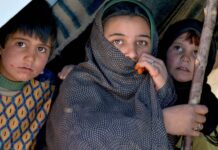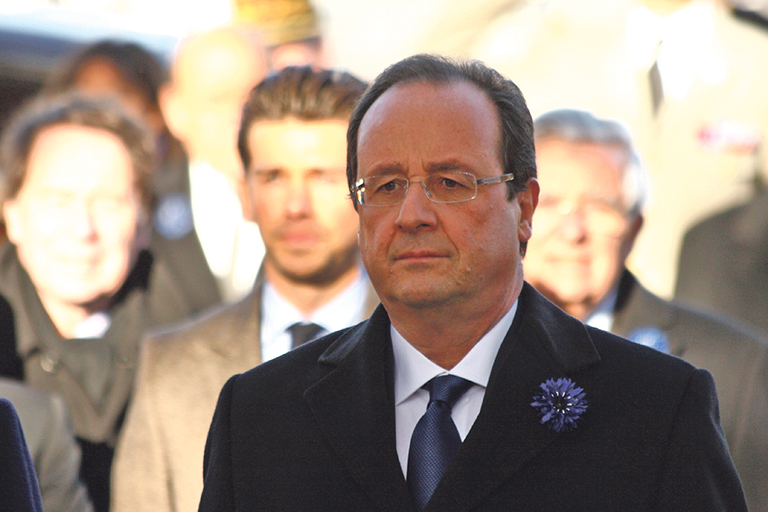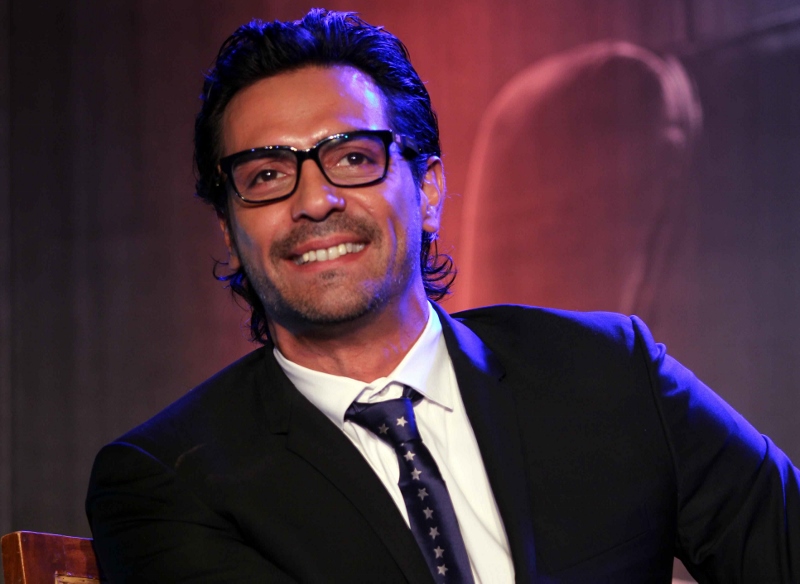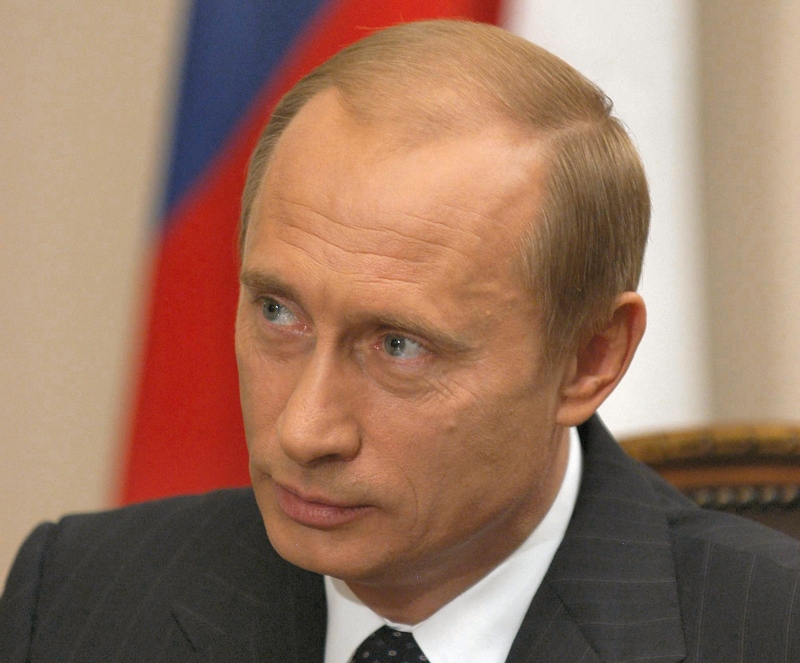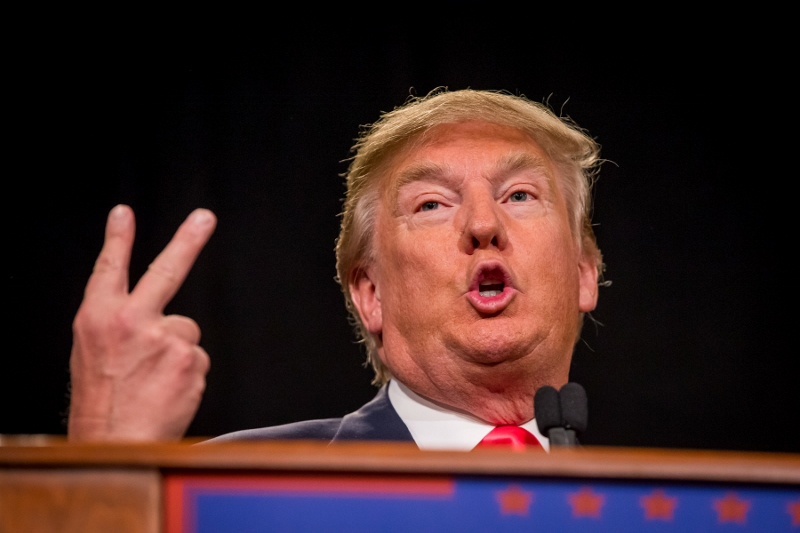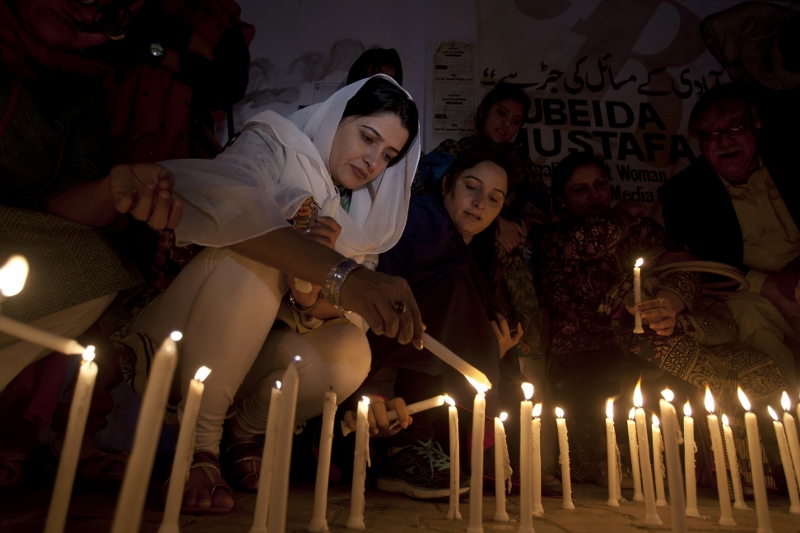
Hopes of agreement being reached with Islamist warlord
Afghanistan’s president, Ashraf Ghani, has raised hopes of a peace agreement being reached with one of the nation’s most notorious Islamist warlords, which could bring an end to years of conflict.
Since May this year, negotiations with Gulbuddin Hekmatyar, who heads up the militant group, Hizb-i-Islami, have been ongoing with an initial draft accord signed by both parties.
Sceptics remain wary of the possible ‘adverse effects’ which may transpire should the notorious warlord be brought into the political fold due to his history with extremist groups.
Hekmatyar has previously been allied with the Washington-backed anti-Soviet mujahideen in the 1980s and the Taliban, who have been aiming to force out the NATO-led coalition in Afghanistan and bring in Islamic law.
Longstanding human rights abuses also stand against the Pashtun warlord.
“Some issues are left and those are issues that would be very important for implementing peace,” Ghani said at the start of the three-day Eid holiday on Monday 12th September.
“These issues should be solved within a limited period of time.”
In his statement, he also thanked both Hizb-i-Islami and the High Peace Council for their efforts to negotiate a deal.
“There is hope that, God willing, the agreement will be finalised soon and we will witness a major step toward the creation of peace environment and end of fighting,” he added.
Despite being named on the US State Department’s Specially Designated Global Terrorist list in 2003, the negotiations with Hekmatyar highlight the possibility for militant groups to move away from the battlefield and into the political process.
In the 1990s, Hekmatyar’s forces were accused of the killings of thousands of innocent civilians in heavy bombardments of the Afghan capital, while links with many al Qaeda and Taliban attacks have been touted in more recent times.
Peace talks with the Taliban, the largest insurgent group in Afghanistan, have yet to get off the ground, but both sides have said they are open to the idea.
In a statement commemorating the start of the Muslim holiday of Eid-ul-Adha on Monday, Taliban chief, Mullah Haibatullah Akhundzada, said his group was: “Continuing to make diplomatic efforts aimed at resolving the issue of Afghanistan alongside its military approach.”


